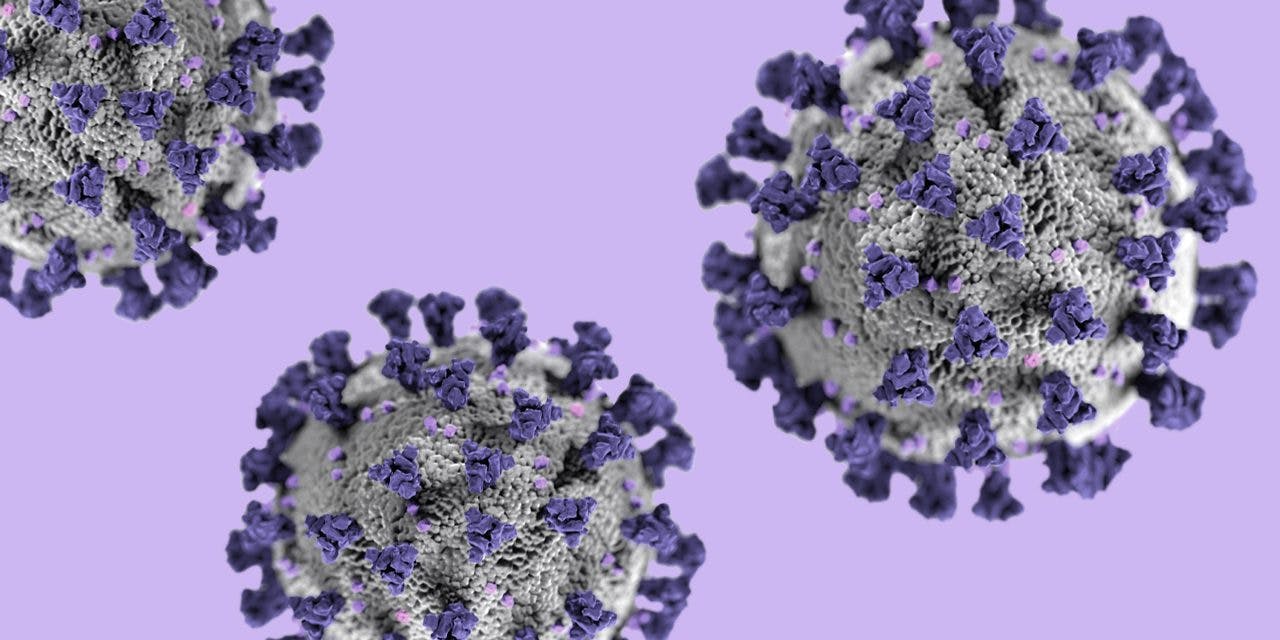Using Cannabis for Lyme Disease: Does It Work?

Article written by
Samuel Njoroge
Content reviewed by

Dr. Lewis JasseyMedical Director - Pediatric Medicine
Although cannabis has a wide range of therapeutic uses, it isn’t a cure for medical conditions like Lyme disease. However, anecdotal evidence suggests it may help with some of the symptoms.
Lyme disease is the most common vector-borne disease in the United States and is caused by the bacterium Borrelia burgdorferi and (rarely) Borrelia mayonii.
Because Lyme disease is conventionally treated using antibiotics, which may adversely affect health if used for a long time, many people are searching for healthier alternatives. Cannabis won’t cure Lyme disease, but here’s what we know so far about what symptoms it can potentially ease.
Get Your Medical Card
Connect with a licensed physician online in minutes.
What Is Lyme Disease?
Lyme disease is an infection caused by Borrelia burgdorferi bacteria. This bacteria is transmitted to humans through deer tick bites and infected black-legged tick bites.
Ticks must be attached for at least 36 hours to spread the bacteria. However, ticks are tiny and can go unnoticed; bites aren’t usually painful, and most people with Lyme disease don’t remember being bitten. It’s hard to accurately say how long the tick was attached unless you know exactly when it got on you.
Lyme Disease Symptoms
Lyme disease’s most common starting symptom is an expanding red rash that appears at the bite site roughly a week after being bitten. This rash is called erythema migrans and isn’t typically itchy or painful. The rash is often flat and gradually grows from the center, forming a bullseye pattern.
Other common symptoms include fever, joint pain, muscle aches, fatigue, stiff neck, and headaches. If left untreated, Lyme disease can lead to other problems. One complication is Bell’s palsy, a neurological condition that causes sudden muscle weakness in one side of the face, making it appear to droop. The infection can also get into spinal and brain fluid, causing meningitis.
Lyme disease can also cause heart palpitations, neuropathic pain, numbness or tingling in the hands or feet, and arthritis with severe joint pain and swelling. It may also cause memory and concentration problems.
Although Lyme disease is highly curable using antibiotics, some people experience symptoms like fatigue, pain, and difficulty thinking for months after treatment. This is called post-treatment Lyme disease syndrome (PTLDS).
Cannabis and Lyme Disease: Does It Work?
Currently, no studies examine the efficacy of marijuana use for Lyme disease or post-Lyme disease syndrome. As such, we don’t recommend replacing medications prescribed for Lyme disease with medical marijuana.
However, cannabis could be beneficial for alleviating some of the symptoms associated with PTLDS, including joint pain, muscle aches, and neuropathic pain. Medical marijuana may also come in handy in managing chronic symptoms associated with the condition, like chronic pain, fatigue, and arthritis.
If PTLDS is triggered by an autoimmune response, as some experts suggest, cannabis may be used to “calm down” the immune system; studies show certain cannabinoids (like CBD) have immunosuppressive effects.
Is Lyme Disease a Qualifying Condition for Medical Marijuana?
Each state has its own regulations on qualifying conditions for medical cannabis. In most states, Lyme disease is not listed as a qualifying condition. However, some of its symptoms, such as pain and insomnia, are included.
If you have Lyme disease and want to apply for your state’s medical marijuana program, register online today with Leafwell. Our online approval service connects you to a local doctor and helps you get certified in minutes.
How Cannabis Helps Lyme Disease Symptoms
While cannabis cannot cure Lyme disease or PTLDS, it may help improve some symptoms and overall quality of life.
Pain is one of the major symptoms associated with Lyme disease. Cannabinoids have been shown to help manage pain by interacting with the endocannabinoid system (ECS).
Cannabis can also help you feel better by boosting sleep quality. Lyme disease may impact your ability to fall and stay asleep, resulting in anxiety and grogginess the next day. Cannabis may improve sleep by inducing calmness and reducing pain and discomfort caused by inflammation.
Some cannabinoids are also neuroprotective, which may help the body protect and regenerate nerve cells. They may also prevent Lyme disease from attacking the nervous system, though more research is required.
Cannabis and Lyme Disease: Why You May Want to Avoid Marijuana
While cannabis may benefit some people with Lyme disease, there are potential risks to consider before using it as a treatment option.
First, there is no existing data examining cannabis and Lyme disease. Much of the current information about it is anecdotal, meaning no medical evidence or recommendations are available for cannabis and Lyme disease.
Tetrahydrocannabinol (THC) is the primary cannabinoid in marijuana and has psychoactive effects that may exacerbate Lyme disease symptoms like anxiety. It also can make you feel intoxicated, which not everyone enjoys.
Studies show that cannabinoids like CBD can have immunosuppressive properties, which may increase the risk of infection. On the other hand, many of these cannabis compounds have antibacterial properties that could protect against infection.
Lyme Disease and Cannabis: The Bottom Line
Lyme disease is a common vector-borne disease caused by bacteria that is transmitted to humans through the bite of infected ticks. A red rash that looks like a bullseye is typically the first symptom during the early stages of infection.
Currently, there is not enough data examining cannabis as an effective treatment option for Lyme disease. As such, we cannot confidently recommend it as a treatment option, despite some of its compounds having potent antibacterial properties.
The good news is that Lyme disease is easily treated by antibiotic therapy. However, if you’re struggling with symptoms associated with Lyme disease or PTLDS, cannabis may be a good option. If you’re looking to use medical marijuana for Lyme disease, it’s always a good idea to consult with a doctor for advice first.
Get Your Medical Card
Connect with a licensed physician online in minutes.



